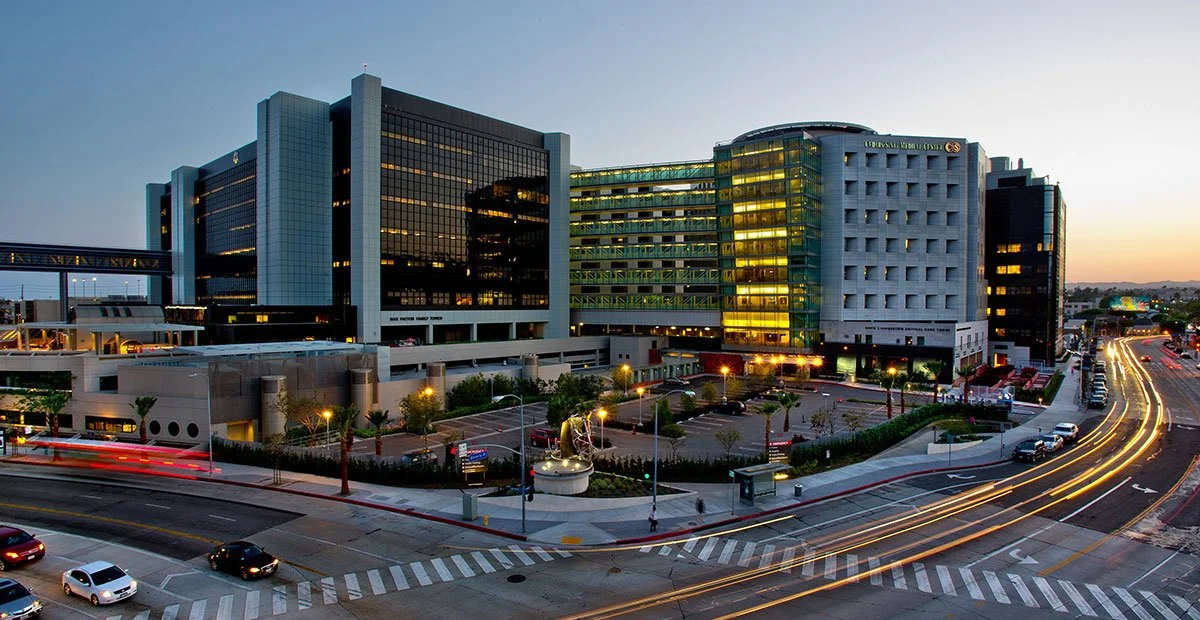Cedars Sinai
MCC’s investment in this foundational study helped fund a collaboration between the Pandol Laboratory at the Cedars-Sinai Pancreatic Research Program, dedicated to advancing the prevention, early diagnosis and treatment of pancreatic diseases and the Sareen Laboratory, using stem cells (iPSCs) to model diseases and explore tomorrow’s therapeutics. The collective expertise and technologies deployed will advance our understanding of genetically driven pancreatitis, accelerate drug screening and the development of new therapies.
Cedars Sinai study researchers obtained blood samples from patients with select genetic variants associated with causing and/or contributing to pancreatitis. These pancreatitis patient samples were then used to create Induced Pluripotent Stem Cells (iPSCs) that have the exact genetic complement, including the genetic variants, that result in pancreatitis. These powerful pancreatitis-on-a-chip models, enable researchers to study the cellular signaling that underlies the disease and seek to correct defects in a dish. This effective disease model will be available to others for further research or to develop therapies to help those suffering from pancreatitis.
“We chose to partner with Cedars-Sinai because of the potential for this technology to benefit patients who have no current treatment options and significant unmet need ”
- Linda Martin

